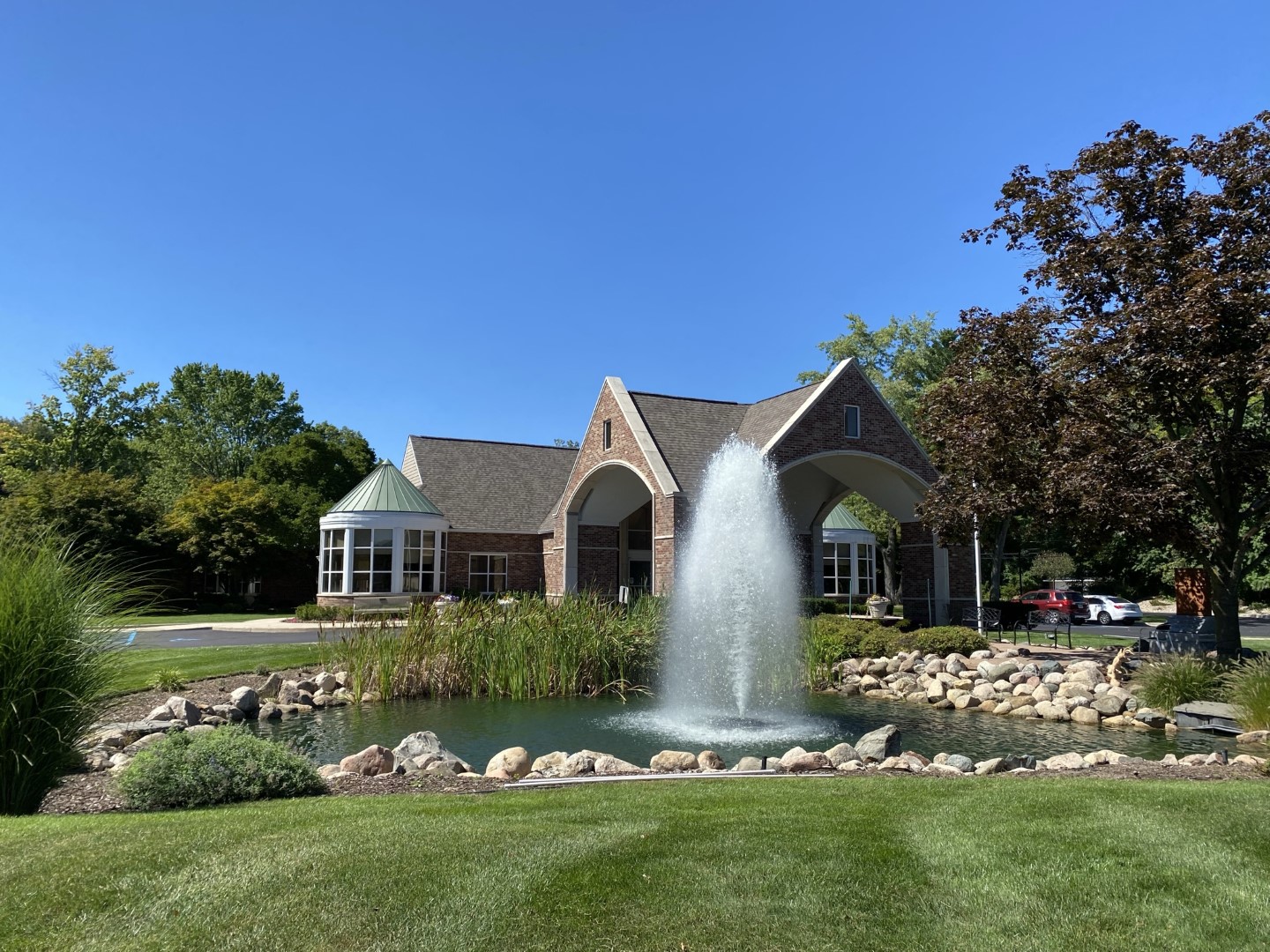Hospice care is a type of specialized care that provides comfort, support, and dignity to people with life-limiting illnesses and their families. Hospice care aims to improve the quality of life for patients and caregivers by addressing their physical, emotional, spiritual, and social needs. However, many people have misconceptions about hospice care that may prevent them from accessing or benefiting from this valuable service. Here are some of the most common misconceptions about hospice care and the facts that debunk them:
- Hospice is a place (FALSE). Many people think that hospice is a facility where people go to die, but this is not true. Hospice is not a place, but a philosophy of care that can be provided wherever the patient and their family prefer. This can include the patient’s home, a nursing home, an assisted living facility, or a hospice inpatient unit.
- Hospice is giving up (FALSE). Some people believe that choosing hospice means giving up on treatment or hope, but this is not true. Hospice does not hasten or postpone death, but rather allows the natural course of the disease to unfold while providing comfort and relief from pain and symptoms. Hospice does not focus on curing the disease, but on enhancing the quality of life for the patient and their family.
- Hospice is only for cancer patients (FALSE). Some people think that hospice is only for people who have cancer, but this is not true. Hospice is for anyone who has a life-limiting illness and a prognosis of six months or less if the disease follows its expected course. This can include diseases such as heart failure, lung disease, kidney disease, dementia, ALS, and many others.
- Hospice is expensive (FALSE). Some people worry that hospice is too costly and unaffordable, but this is not true. Hospice is covered by Medicare, Medicaid, and most private insurance plans for eligible patients. The hospice benefit covers all the services and supplies related to the terminal illness, such as medications, equipment, nursing care, social work, counseling, spiritual care, and bereavement support.
- Hospice means losing your doctor (FALSE). Some people fear that they will lose their primary care physician if they enroll in hospice, but this is not true. The patient’s primary care physician can remain involved in their care and work with the hospice team to provide the best possible care. The hospice team consists of doctors, nurses, social workers, counselors, chaplains, aides, and volunteers who collaborate with the patient’s physician and family to create an individualized plan of care.
- Hospice is only for the last days or weeks of life (FALSE). Some people delay or avoid hospice because they think it is only for the very end of life, but this is not true. Hospice can be beneficial for patients and families at any stage of a life-limiting illness when curative treatments are no longer effective or desired. Research has shown that hospice can improve the quality and length of life for patients who receive it early enough.
These are some of the most common misconceptions about hospice care and the facts that debunk them. By understanding the truth about hospice care, more people can access and benefit from this compassionate and holistic service that can make a difference in their lives. If you or a loved one has a life-limiting illness and are interested in learning more about hospice care, please contact your doctor or a local hospice provider for more information.





